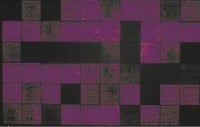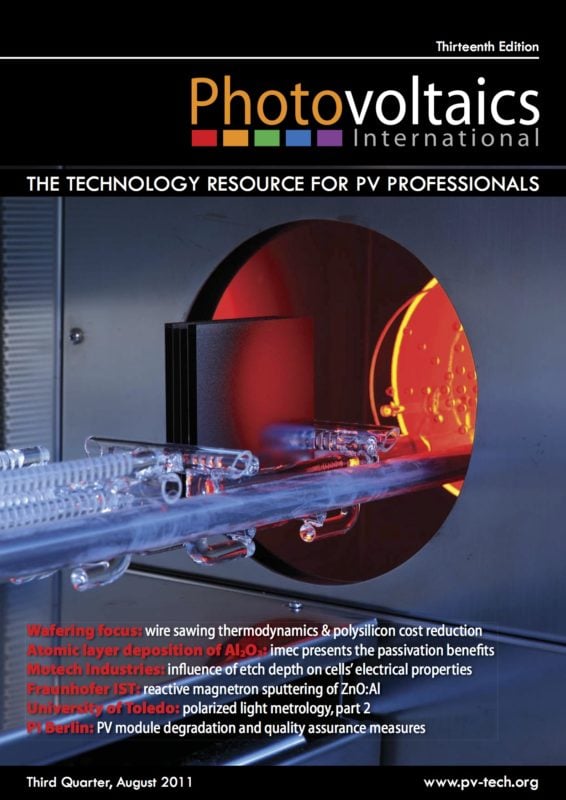By Alexander Preiss, Project Engineer, PI-Berlin AG, University of Technology Berlin; Stefan Krauter, Professor & Head of the Department Sustainable Energy Concepts, PI-Berlin AG, University of Paderborn; Michael Schoppa, Head of the PV-Testing Laboratory, PI-Berlin AG, University of Paderborn; Ilka Luck, PI-Berlin AG and Managing Director, PICON Solar GmbH
By definition, PV module certification is simply based on conformance to standards. The IEC norms for PV modules are considered to be adequate quality requirements for guaranteeing initial quality. However, it is commonly understood that two products A and B may meet the standard’s requirements, but overall qualty – considering long-term stability, performance and safety – can still be quite different. PV module testing should therefore be carried out more frequently and beyond IEC requirements. A factory inspection once a year – as suggested by most certification bodies to ensure continuous quality of certified crystalline modules – may not be sufficient. The need for additional control is demonstrated in this paper, with reference to our experience from PV module testing and quality assurance activities for wholesalers and project developers. We present the necessity of additional measurements under standard test conditions (STC) and advanced testing methods, which are becoming essential for reliability.



